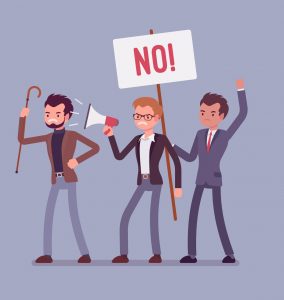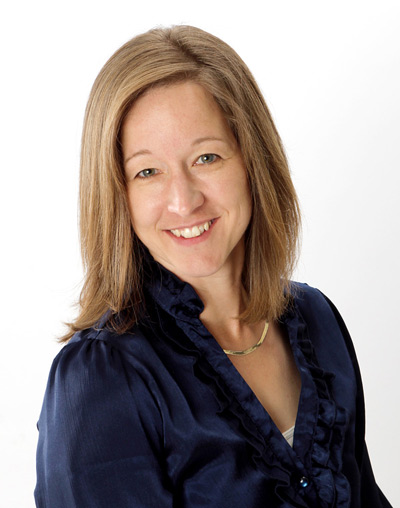There is a human reaction that occurs in every society: Polarization. One person steps to one side of an issue, and the other person – feeling the need to bring balance – steps to the other side.


The first person may feel unheard, or may simply feel the need to express their opinion more fully or strongly, so they end up pulling harder in the first direction. But, the second person – for similar reasons – pulls in the equal, but opposite direction.




Ergo: Polarization.
Polarization is happening currently in our communities. One group may feel more concern about COVID’s health consequences, while another group may feel more concern over the economic consequences of stay home orders. And, of course, there are other concerns as well. Each group is reasonable. Each group has logical reasons for leaning into one set of solutions for the problem.
But some problems become bigger the more polarized we become:
- We feel less heard and more misunderstood. We start demanding that our voice be heard.
- We pull further and further into our own understanding and, become convinced that the other “side” has nothing to contribute to the solution. We begin treating the other side with contempt.
- The further we pull to one side, the more convinced we become that our view of the problem will not be resolved. We then act out of fear instead of love.
Bad news/Good news:
Bad news: We’re part of the problem of polarization.
Good news: If we’re part of the problem, we can be part of the solution.
Our goal is to love. Jesus says it in John 15 over and over. Love. Remain in my love. Obey my command. (Wait, what was his command? Oh yeah, love.) So how do we love in times like these? (More specifically, how do we respond on Facebook in times like these?)
- Try to understand the other person’s view and why they hold it. What makes their opinion important to them? (PS – you’ll have to ask questions.)
- Humble yourself. Consider others better than yourself. Know that you have only a part of the solution and you need the other person’s view to get to the best solution possible.
- Put your hope in God. Whether you fear death, isolation, bankruptcy, or having to use leaves to wipe, God is with us. He cares very much about what is happening and promises to stay with us no matter what. As we remain in Him, we’re able to offer our friends, family, and neighbors a kind of hope that we all need.

Veronica Johnson
Licensed Psychologist
Dr. Veronica Johnson is co-founder of Envision Counseling Clinic and is a Licensed Psychologist in Castle Rock, Colorado. She has specialized training and over 15 years of experience working with individuals who experience same-sex attractions and find themselves in conflict with other aspects of their identity, such as their spirituality. For women and teen girls who struggle with eating disorders, Veronica uses Dialectical Behavior Therapy skills to help clients regulate their emotions, particularly around food, perfection, and self-image. Having worked for PREP, Inc. Veronica is trained in PREP’s well-known and effective communication skills for couples. She is trained in EMDR, a technique used to overcome symptoms arising from traumatic experiences. She has also edited books and written articles for publication.
Dr. Johnson is devoted to love and authenticity whether in the counseling office or elsewhere. She is guided by biblical understandings of who we are and what life is about. She uses an interactive style of therapy that puts men and women at ease. Clients feel cared for, challenged, and encouraged in Dr. Johnson’s office.
Dr. Johnson obtained her doctorate in Clinical Psychology from Regent University in 2012 shortly after completing her doctoral internship at Eden Counseling Center in Virginia Beach, Virginia. During her doctoral training, she was an active research member at the Institute for the Study of Sexual Identity. Her masters degree is in Professional and Biblical Counseling from Colorado Christian University, and she is also an alumnus of Biola University, in Los Angeles, California.
Make a Difference in Someone's Life
If you enjoy reading WGA’s blogs and would like to show your support, please consider making a donation. Where Grace Abounds is a 501(c)3 non-profit organization. The majority of services, including support groups and discipleship counseling, are provided free of charge. Your financial gifts help to cover the costs associated with offering a free program to those who seek WGA’s services.

